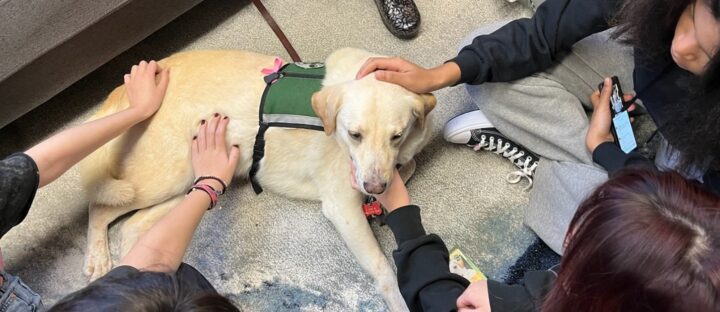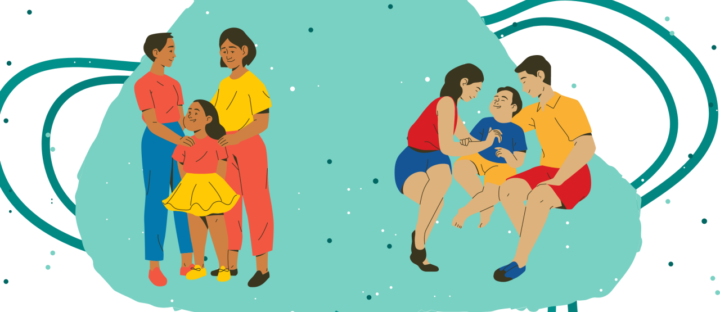Discover effective strategies for promoting healthy behaviors and decision-making among students.
Read MoreNavigating Mental Health for Workplace Success
Related Articles: The intersection of mental health and the workplace is an increasingly vital area of focus in today’s fast-paced, high-stress world. Mental health issues, often overlooked in the professional environment, can significantly impact both the well-being of employees and the productivity of organizations. This article delves into the profound implications of mental health conditions…
Read More10 Studying Tips to Help You Prepare for the Prevention Specialists Certification Exam
Becoming a certified prevention specialist requires passing the certification exam. Here are five study tips to help you prepare.
Read MoreA New Program for Carteret High School to Improve Decision-Making – The Teen Outreach Program
By Crystal Mutilitis, Program Coordinator This school year, Carteret High School Pathways was required to utilize an evidence-based program. Pathways began implementing Wyman’s Teen Outreach Program (TOP) for a select group of students identified by administrators. TOP promotes the positive development of adolescents through curriculum-guided, interactive group discussions, positive adult guidance and support and community…
Read MoreUnderstanding and Preventing Falls Among Seniors
Related Articles: Falls among seniors are an important public health issue that demands our attention. Every year, millions of older adults suffer falls, leading to injuries that range from minor bruises to severe fractures and even life-threatening complications. According to the Centers for Disease Control and Prevention, falls among adults aged 65 and older caused…
Read MoreStudents & Staff De-Stress with Therapy Dog Teams
By Jeanne Neuwirth, Clinician When Misha, Harley, McKenly, and Lucy recently visited South Plainfield High School, they melted the heart of everyone who met them! That’s because they are highly trained certified therapy dogs, who (along with their kind handlers) visited via the organization Attitudes in Reverse (AIR). So far this year, Wellspring has organized…
Read MoreAlcohol Awareness Month: Key Facts & Insights
The purpose of Alcohol Awareness Month is to point out the stigma that still surrounds alcoholism and substance abuse in general.
Read MoreEducating Students on the Impact of Social Media on Mental Health and Substance Use
Related Articles Today, the landscape of our daily lives is increasingly dominated by screens—smartphones, tablets, and computers have become constant companions, offering a gateway to endless information and social interaction. Among these digital interactions, social media platforms stand out as central hubs of activity, especially for students. Platforms like Instagram, Snapchat, Facebook, and TikTok have…
Read MoreWhat Is the Role of Parents in Prevention Education?
Parents play a significant role in prevention education. Here’s how you can support your children through their impressionable years.
Read MoreUnderstanding and Addressing Substance Use Disorders
When a loved one battles addiction, we often end up enabling the addiction rather than protecting the person trapped within it.
Read MoreFraud Prevention for Older Adults
By Heather Ward, Coordinator of Middlesex County Programs With today’s technology and information sharing websites, fraud is more prevalent than ever. Everyone is susceptible to fraud, but older adults are targeted at greater rates than other ages because fraudsters see them as less tech-savvy and easier to scam. According to the F.B.I., older adults were…
Read More










